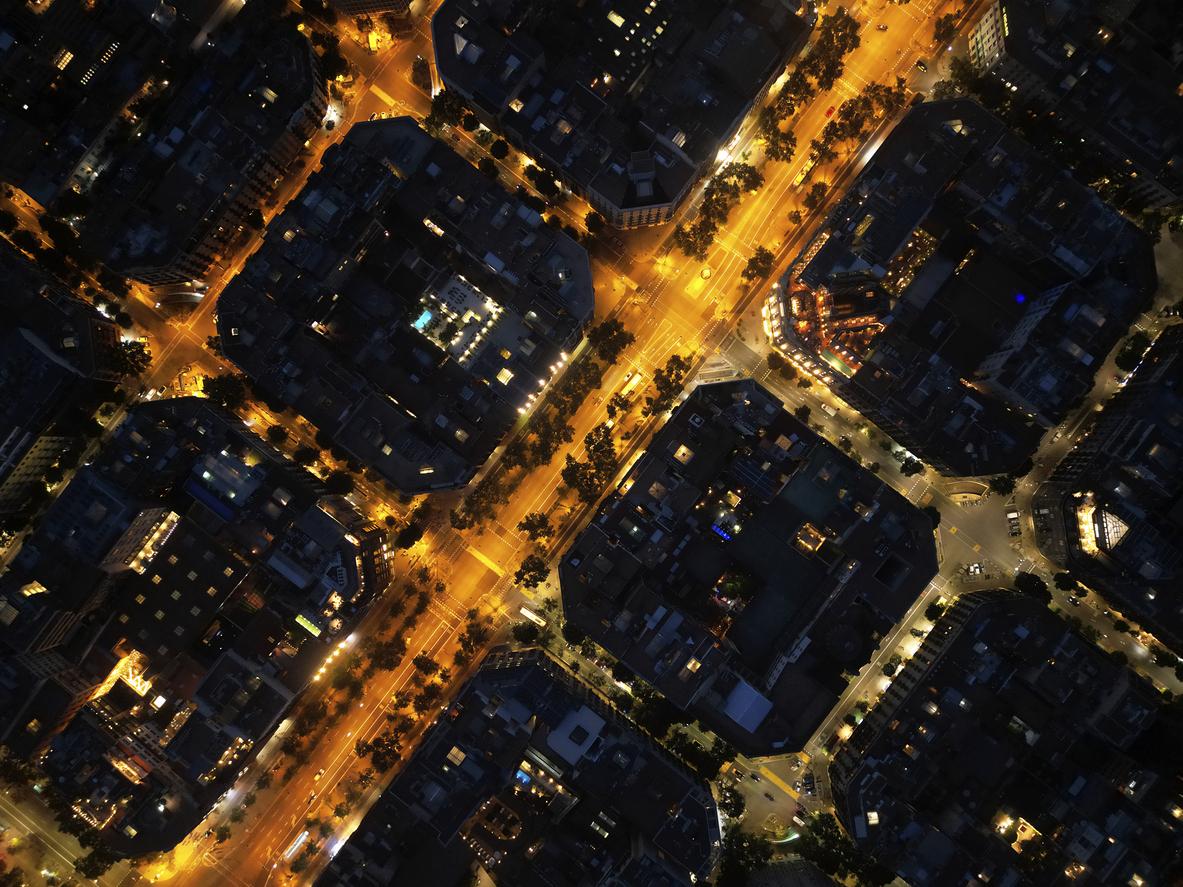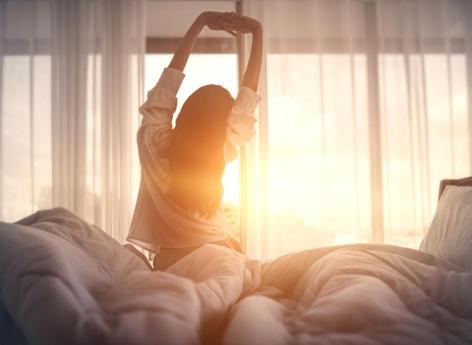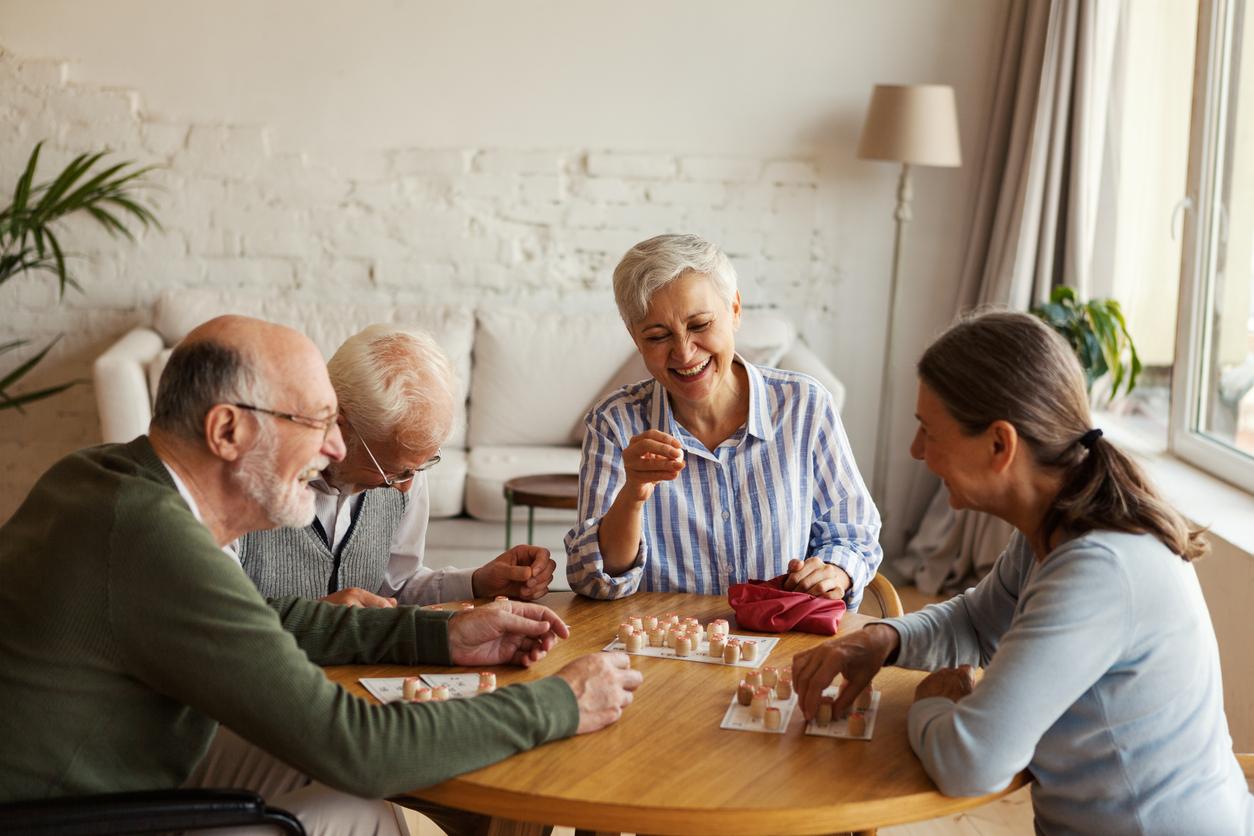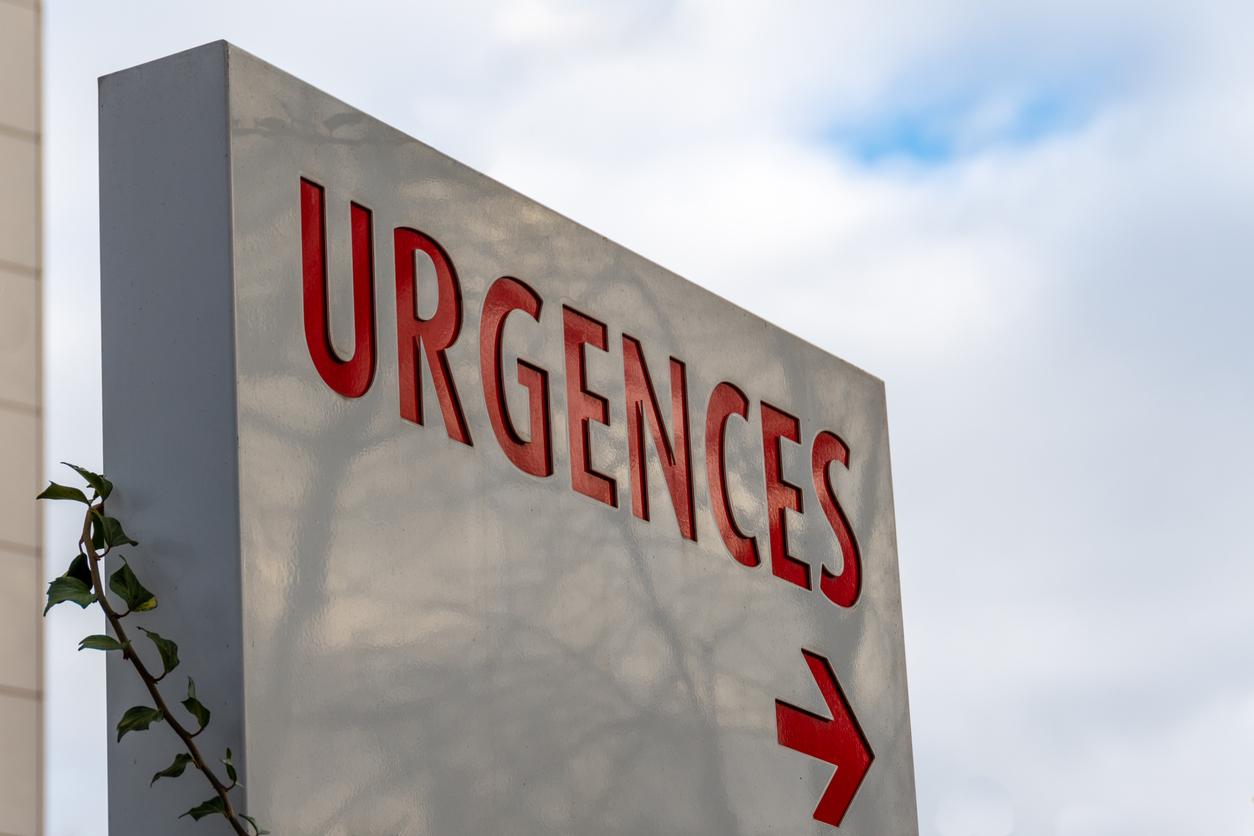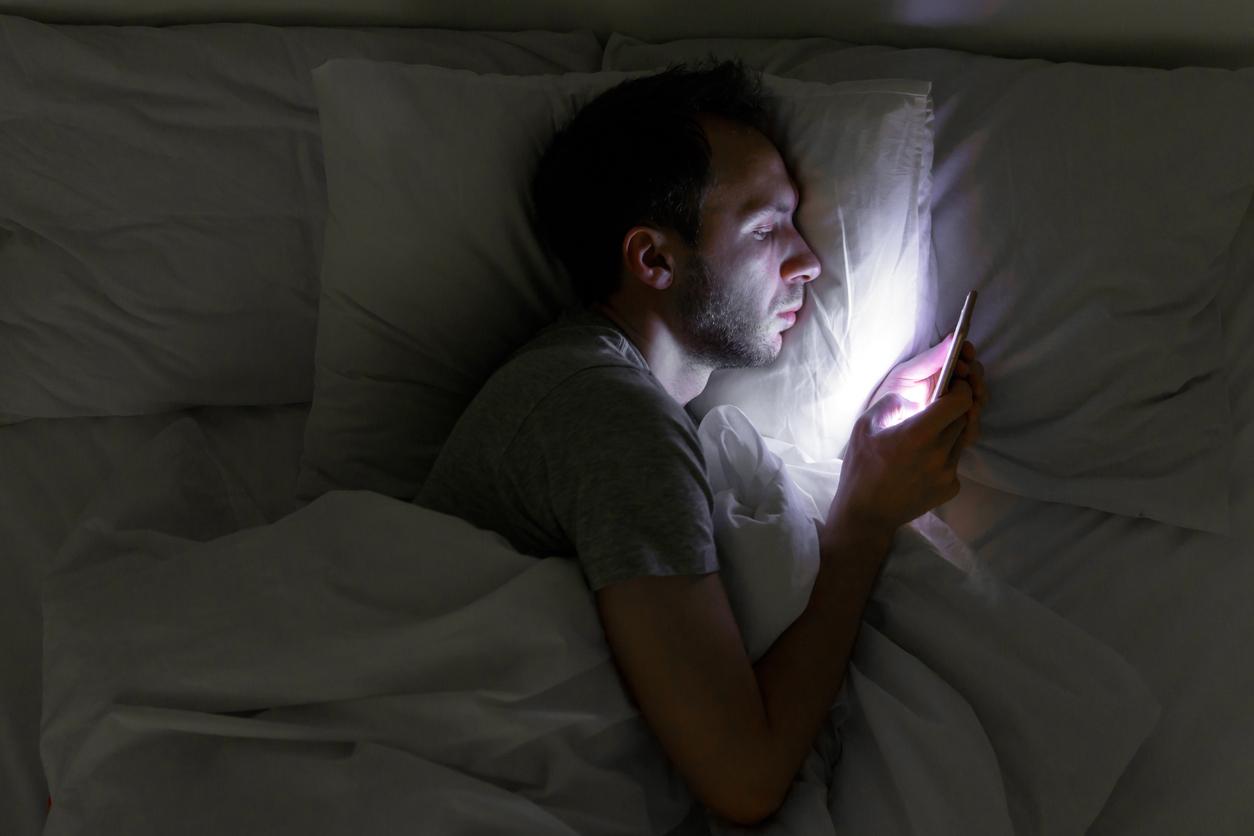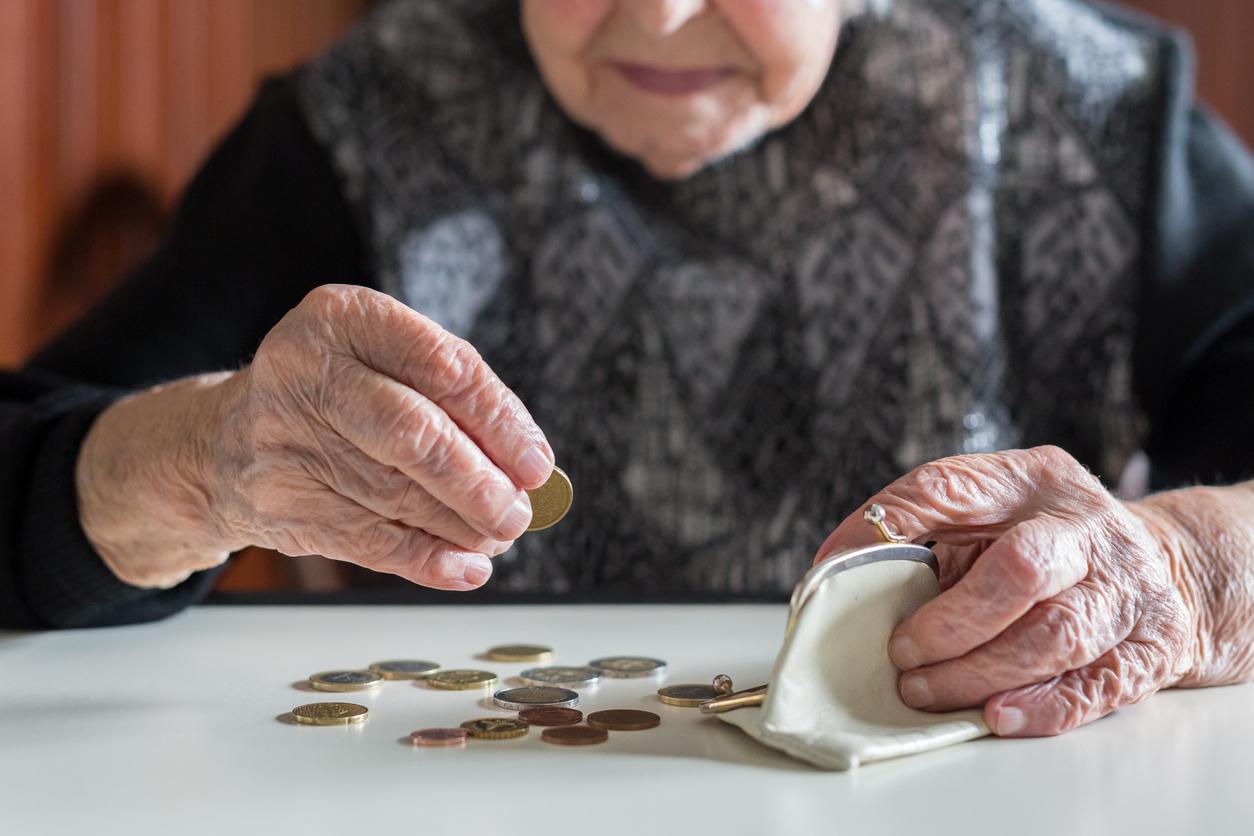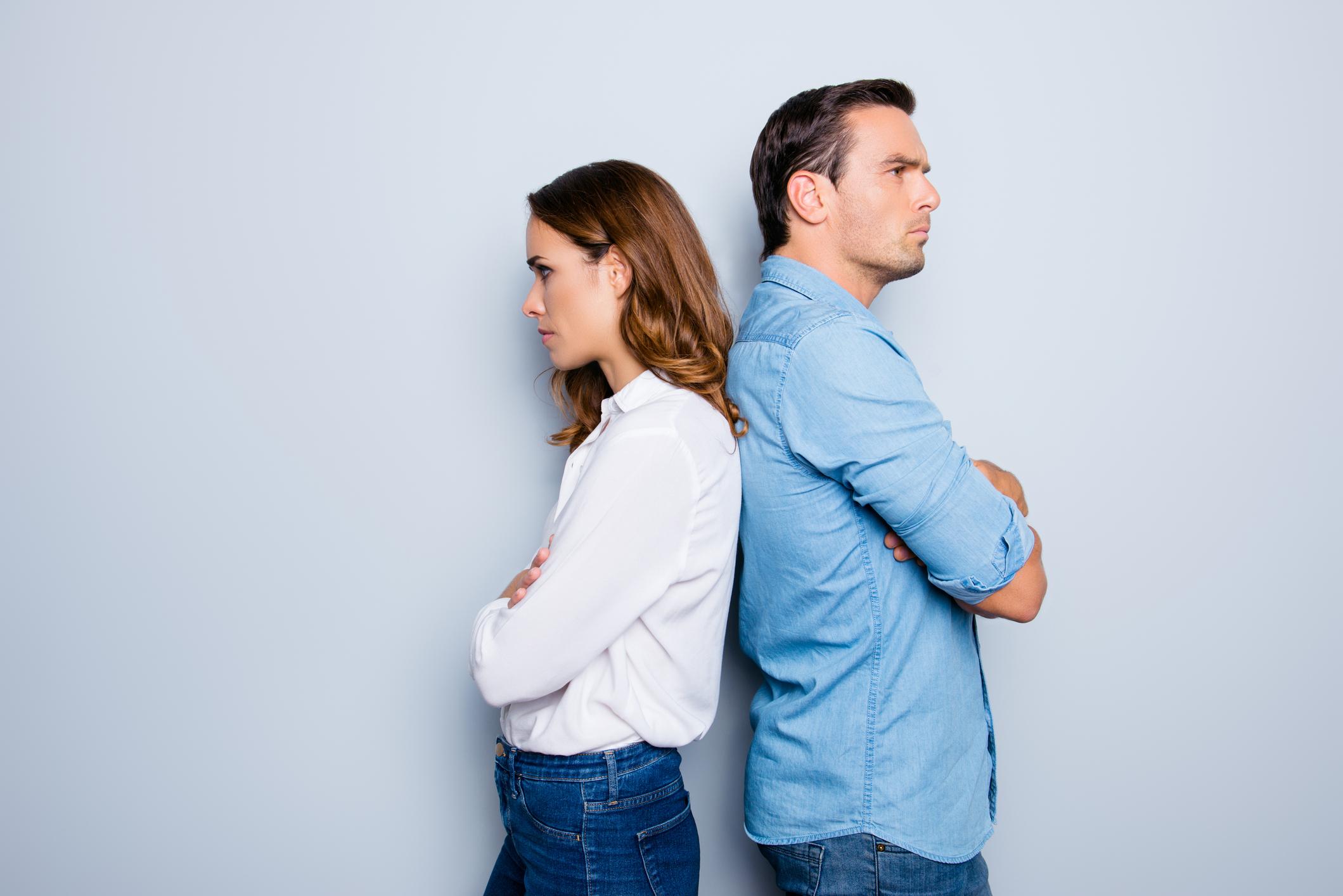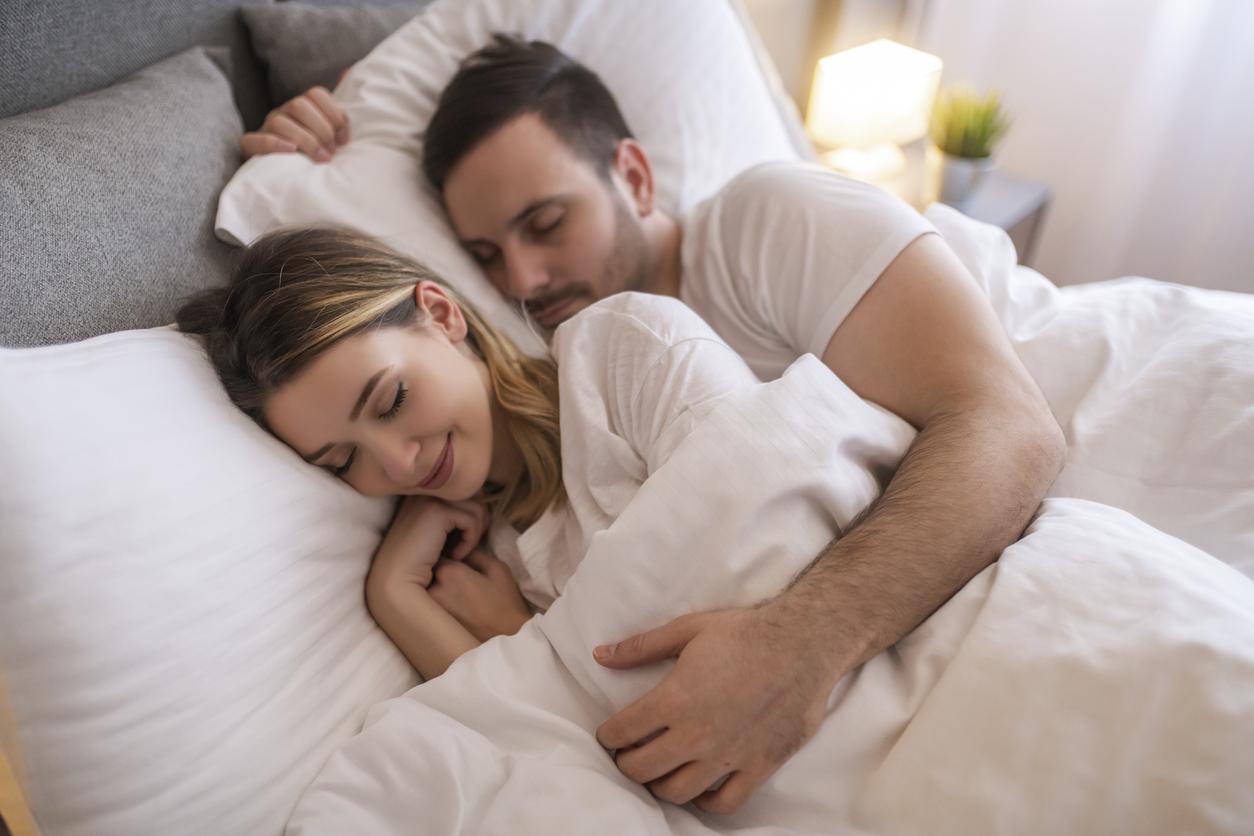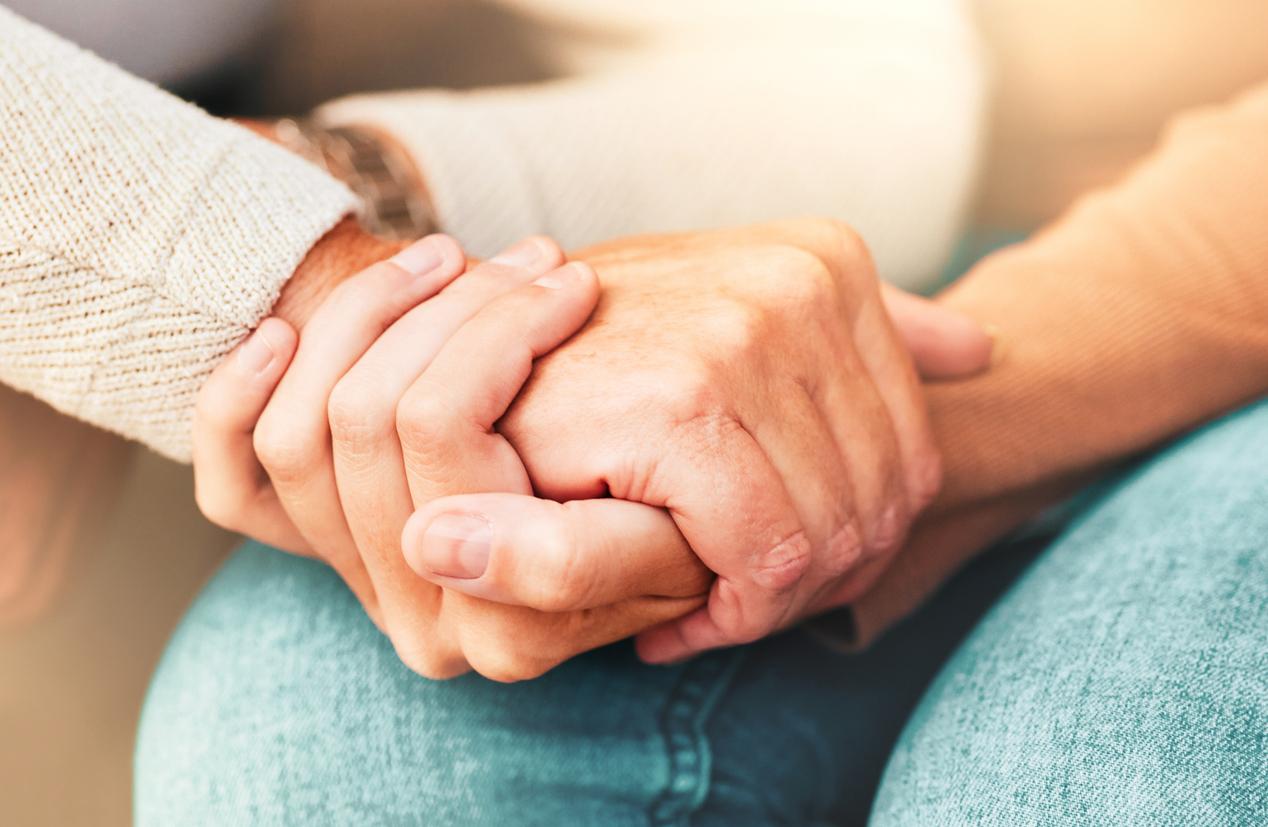Do you usually have your alarm clock ringing before the first light of day or working when everyone is asleep? This mania could expose you to social jet lag and be detrimental to your health. The dangers of this “social jet lag”are described in an Australian study from the University of Melbourne and reported by the Huffington Post.
This distinct phenomenon with the jet lag linked to long distances when traveling by plane, for example, disturbs the circadian rhythm. This internal clock governs our wake and sleep cycle and guides our metabolism.
The person experiencing this social jet lag, because they stay active at night to work on their screen instead of sleeping for example, end up being out of phase with this biological clock, which can affect their health. The harm to the health of this biological disorder have been established by scientists: increased risk of type 2 diabetes, risk of obesity, risk of cardiovascular disease and depression.
Avoidable social jet lag
This imbalance is explained by a disruption of the secretion of two hormones melatonin and cortisol, as explained by Dr. Inmaculada López, of the Rey Juan Carlos University Hospital in Madrid, cited by El pais. “Under the effect of light, the secretion of melatonin, the hormone that helps us sleep is inhibited. Levels of cortisol, the wake-up hormone, which normally increase in the morning and provide us with energy. also find inhibited “. For the expert, these hormonal upheavals lead to a physical and mental exhaustion by going against natural cycles.
Night owls who can not get up to speed can count on a few tips which consist in changing some habits to sleep at more adequate hours: light therapy, yoga before sleeping, no caffeine after 4 p.m., playing sports at the end of daytime…
@naikyworld@ugobourdon and those whose children do not understand jet lag #jetlagpic.twitter.com/SkTBssjfGh
– François Sarradin (@fsarradin) November 2, 2016
To read also: Slimming: remember to respect your biorhythms
Tired on Monday? Blame it on the late mornings on weekends
Insomnia: 5 reasons why you can’t get to sleep










